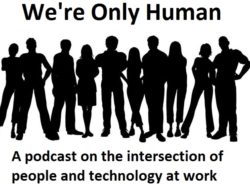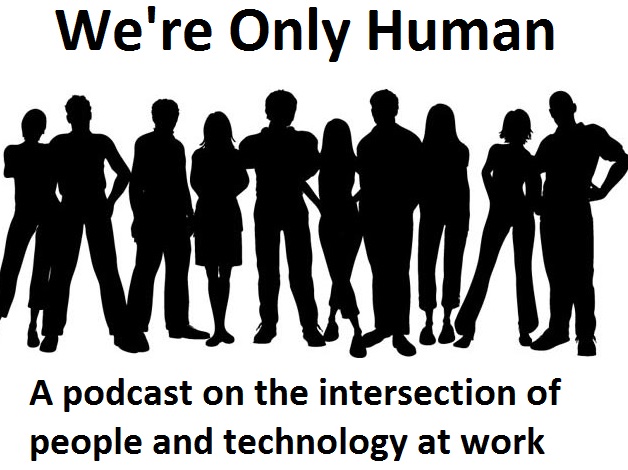[Email subscribers click through to listen to the episode]
Sourcing isn’t a new activity in the talent acquisition world. There have always been hard to fill jobs, but we’re seeing more of this kind of issue than ever before. In fact, a recent CareerBuilder study puts the cost of open positions at nearly $800,000 annually, tallying up costs that ultimately hurt business performance. Organizational leaders say these are the top problems caused by jobs they can’t fill:
- Productivity loss: 45 percent
- Higher employee turnover: 40 percent
- Lower morale: 39 percent
- Lower quality work: 37 percent
- Inability to grow business: 29 percent
- Revenue loss: 26 percent
In addition, our Lighthouse Research study of talent acquisition priorities pegs sourcing as a top area that business leaders plan to focus on in the coming year (just 1% behind onboarding, which was the highest priority).
In this episode of We’re Only Human, host Ben Eubanks is joined by the amazing Madeline Laurano, co-founder of Aptitude Research and co-host of Research on the Rocks, another HR Happy Hour network show. She and Ben discuss some of the key aspects of sourcing, such as employment branding, recruitment marketing, and technology’s role in the process. Madeline shares some great insights in this episode, and she stumps me at the end with a question that shouldn’t have been that hard to answer!
In addition, they examine the impact of AI, machines, and algorithms on the sourcing world, breaking down some of the hype and illuminating an amazing competition that pits recruiters against robots to see who is the best at sourcing great candidates. Not to spoil the surprise, but the real story here exemplifies that to get the best results, we need humans and machines working together. Get all this and more in the latest episode of We’re Only Human on the HR Happy Hour podcast network.
*Please note, if you like the show topic and want more in-depth discussion of sourcing and recruiting in a future episode, please feel free to comment below or email me!
Check out our other episodes in the We’re Only Human podcast archive.
 The 2016 HR Technology Conference had a new feature: the
The 2016 HR Technology Conference had a new feature: the  The idea of a “gig” isn’t anything new, but the concept of using gig workers as an alternative source of talent certainly is. More companies are starting to realize that getting a job done doesn’t always have to mean creating a requisition, posting a job, interviewing candidates, and making an offer. In the case of some new applications on the market, companies can bring talent to their front door at the veritable push of a button. Yes, really.
The idea of a “gig” isn’t anything new, but the concept of using gig workers as an alternative source of talent certainly is. More companies are starting to realize that getting a job done doesn’t always have to mean creating a requisition, posting a job, interviewing candidates, and making an offer. In the case of some new applications on the market, companies can bring talent to their front door at the veritable push of a button. Yes, really.